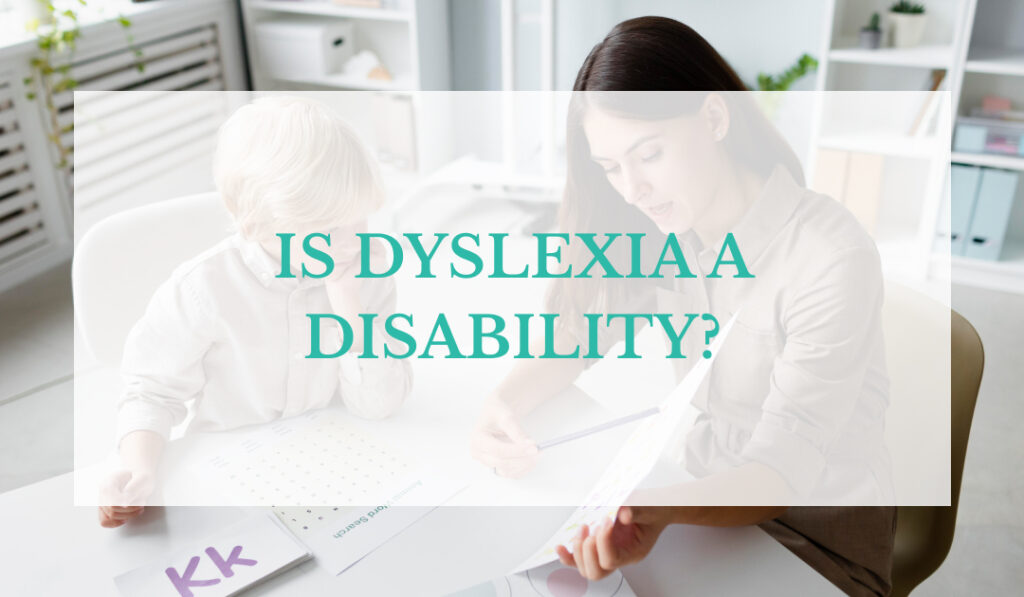Is your child struggling with reading, writing, or spelling, even after loads of practice? Are they frustrated by a lack of fluency in reading despite their best efforts? If yes, then they could be facing dyslexia. Your child is not alone. Dyslexia is a learning disability that affects reading, writing, and spelling skills. However, with patience and added support from the Toronto Tutor at Class in Session, dyslexic children can progress. In this blog post, you will come to know more about the condition. Let’s get started:
What is Dyslexia?
Dyslexia is a kind of learning disability that makes it difficult for dyslexic children to read, write and spell. Children with dyslexia struggle to learn how to relate letters and their corresponding sounds. It is neither a hearing problem nor a vision problem, but it is a reading problem.
Most often, dyslexia is associated with children, but adults can also suffer from dyslexia. Many children are not diagnosed with dyslexia until they are adults. However, late diagnosis can result in years of struggling with undiagnosed learning disability, which could negatively impact self-esteem. That’s why it is important to receive support from a trained tutor for your dyslexic child to start learning to read, write, and spell in an interesting way.
Symptoms of Dyslexia
Children with dyslexia won’t be able to process letters and words the same way as others do. Most often, parents fail to notice dyslexia in their children because they don’t know the symptoms of dyslexia. One of the most common symptoms of dyslexia is difficulty learning to read. Difficulty in remembering the things they read and learning to spell are also symptoms of dyslexia.
Orton Gillingham Tutoring for Dyslexic Students
Orton Gillingham tutoring is widely used to support children with dyslexia to overcome their reading, writing and spelling-related struggles by teaching them the connection between letters and sounds. It is structured, divides reading and spelling into manageable skills and enhances students’ confidence. Therefore, it focuses on each component of language, such as words, phonemes, and sounds. Dr Samuel T.Orton studied dyslexia and Anna Gillingham, his student and educator developed the Orton-Gillingham approach. Today, many Orton Gillingham Tutors use principles of the Orton Gillingham approach.
Primary Components of Orton Gillingham Approach
Multisensory
The Orton Gillingham approach first introduced multisensory learning to support struggling readers. According to evidence, learning works best when different senses are included simultaneously, such as sight, auditory, movement, and touch. For instance, students see a letter, say its name and sound it while writing it down. This approach is effective for dyslexic students as they can process and retain information more effectively.
Sequential Skill-Building
Oroton Gillingham is well-known for being well-planned to provide long-term and effective learning. Their sequence depends on how children develop language naturally, allowing them to connect current knowledge with new learning. As each lesson depends on the previous one, children can move from basic concepts to more complex ones.
Explicit and Language-Based
The OG approach is a highly explicit and structured method for learning how to read and write. This approach focuses on the underlying structure of language, including the relationships between sounds and symbols. Students are taught how to convert the sounds they hear in speech into written symbols, using phonograms to represent the sounds they hear. By focusing on the rules, patterns, and generalizations that govern spelling in English, the OG approach helps individuals with reading disorders like dyslexia overcome their difficulties and become confident readers and writers.
Individualized
The Orton Gillingham approach focuses on students’ individual requirements, weaknesses, and strengths, as dyslexic students need more support and time than others. Orton Gillingham Tutor will assess these individual requirements. Students receive maximum attention in a 1:1 setting. It also helps a tutor adjust lessons according to student’s learning requirements.
If your child is struggling with reading, writing and spelling, you can receive support from experienced tutors at Class in Session where we offer 1:1 tutoring sessions and private tutoring as well.
